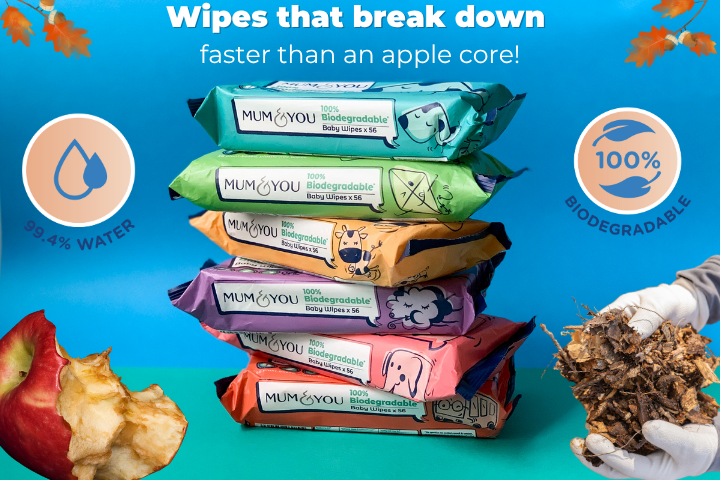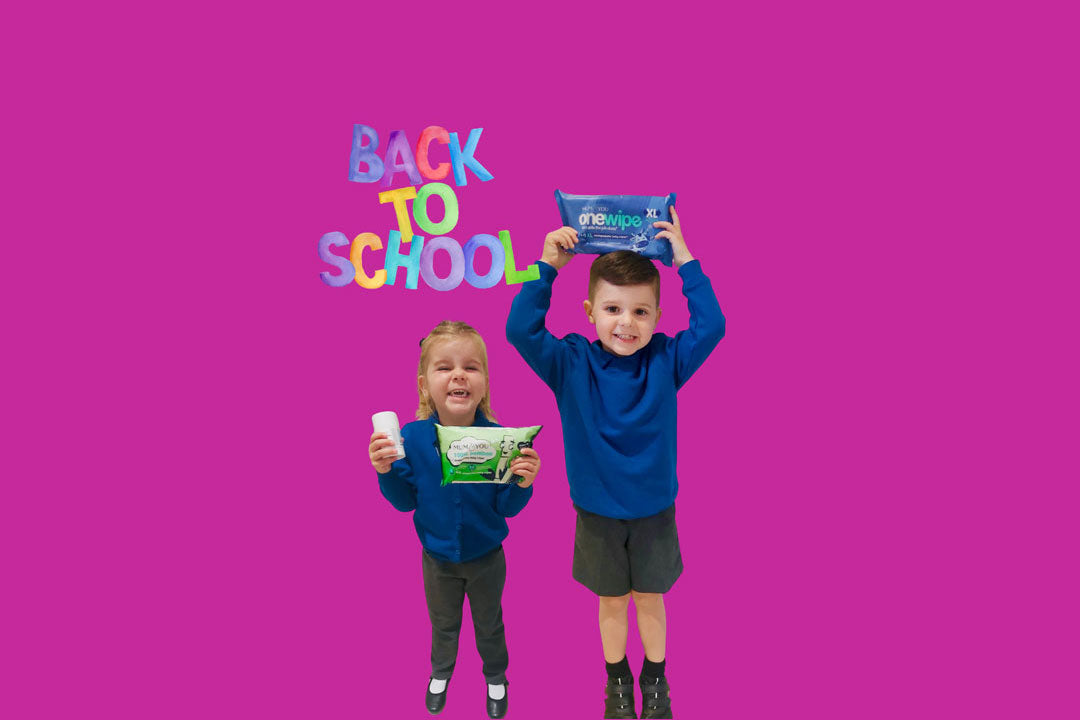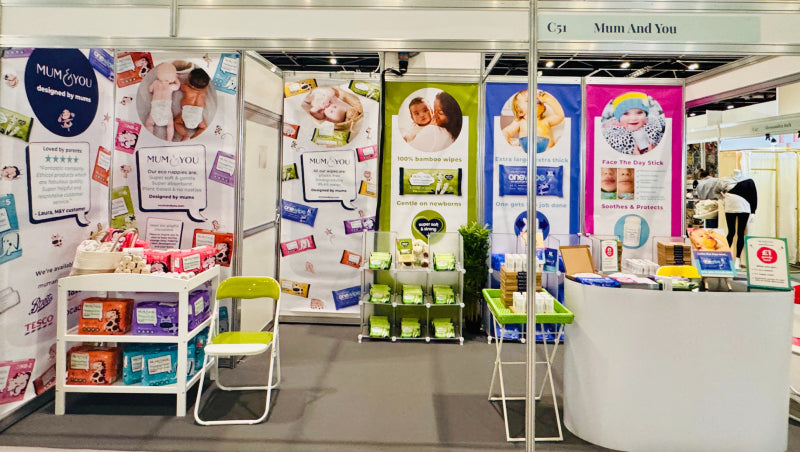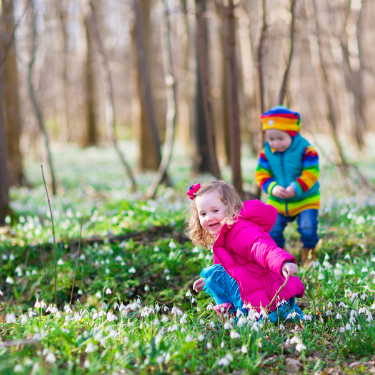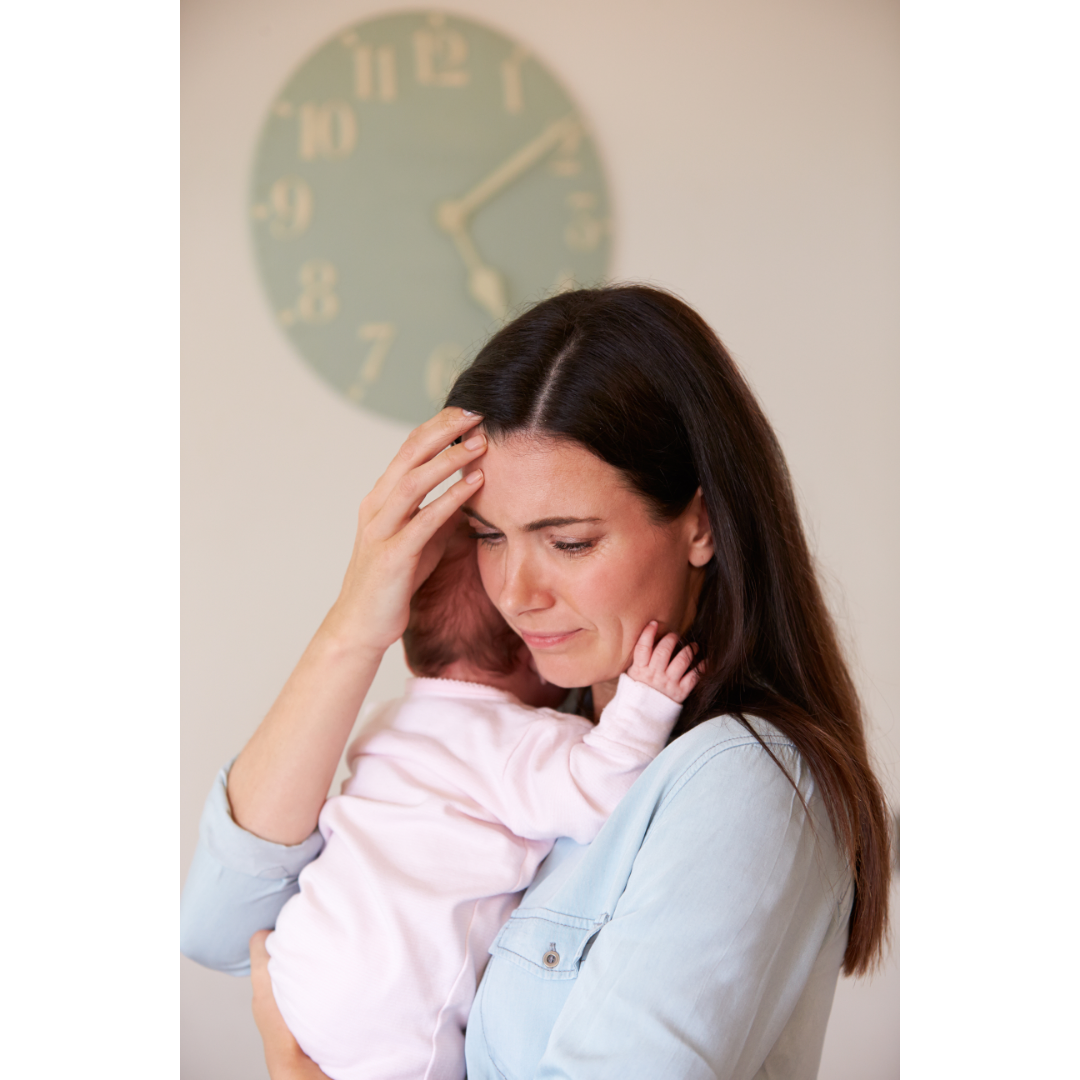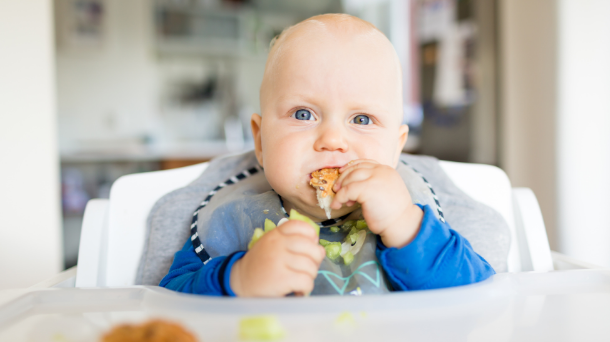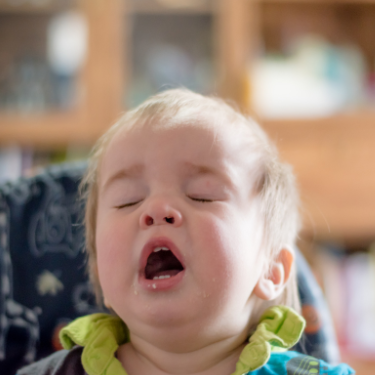
Can babies get hayfever?
Hayfever, also known as allergic rhinitis, is a common condition in older children and adults, but can it affect babies and toddlers too? The short answer is yes. While hayfever is less common in very young children, it is still possible for them to develop this allergy. Understanding the signs and symptoms can help parents manage their little ones' discomfort.
What is Hayfever?
Hayfever is an allergic reaction to airborne substances like pollen, dust mites, and pet dander. When the immune system mistakenly identifies these harmless particles as threats, it releases histamines, leading to the characteristic symptoms of hayfever.
Can Babies and Toddlers Get Hayfever?
Babies and toddlers can develop hayfever, although it is less common in infants under one year. The likelihood increases as children grow older and are exposed to more allergens. Family history of allergies can also play a significant role in a child’s susceptibility.
Signs of Hayfever in Babies and Toddlers
Recognising hayfever in young children can be challenging as they cannot articulate their discomfort. Here are some signs to watch for:
- Frequent Sneezing: Repeated sneezing, especially after playing outside or being near pets, can be an indicator.
- Runny or Stuffy Nose: A persistent runny or blocked nose, not associated with a cold, is a common symptom. Snot that is green or yellow is usually a cold virus whereas clear snot could be allergies or hayfever
- Red, Itchy, or Watery Eyes: If your child frequently rubs their eyes or has red, watery eyes, this might be a sign of hayfever.
- Coughing or Wheezing: Allergens can irritate the respiratory system, leading to coughing or wheezing.
- Irritability: Discomfort from hayfever symptoms can make babies and toddlers more irritable or fussy.
- Sleep Disturbances: Difficulty sleeping due to nasal congestion or itchiness can be a sign of hayfever.
- No temperature: if your little one has temperature alongside other typical cold symptoms it is a likely to be a cold or other virus. Speak to you GP if you are concerned. However if you have the above symptoms and no temperature than it may be allergies or hayfever.
Managing Hayfever in Young Children
If you suspect your baby or toddler has hayfever, speak to your GP. They might recommend:
- Allergen Avoidance: Keeping windows closed during high pollen seasons, using air purifiers, and regularly cleaning bedding and soft toys can reduce exposure to allergens.
- Saline Nasal Drops: These can help clear nasal congestion safely for infants and toddlers.
- Antihistamines: For older toddlers, the GP might prescribe or recommend age-appropriate antihistamines.
- Hydration: Ensuring your child stays hydrated can help manage symptoms.
- Soothe the skin: a constant runny nose can lead to sore chapped skin, so keep the skin soothed and moisturised with our Face The Day Stick, packed with natural ingredients
Conclusion
While hayfever is not as common in babies and toddlers as it is in older children and adults, it is possible for young children to develop this allergy. By recognising the signs and speaking to your GP you can help manage your child's symptoms and improve their comfort.


